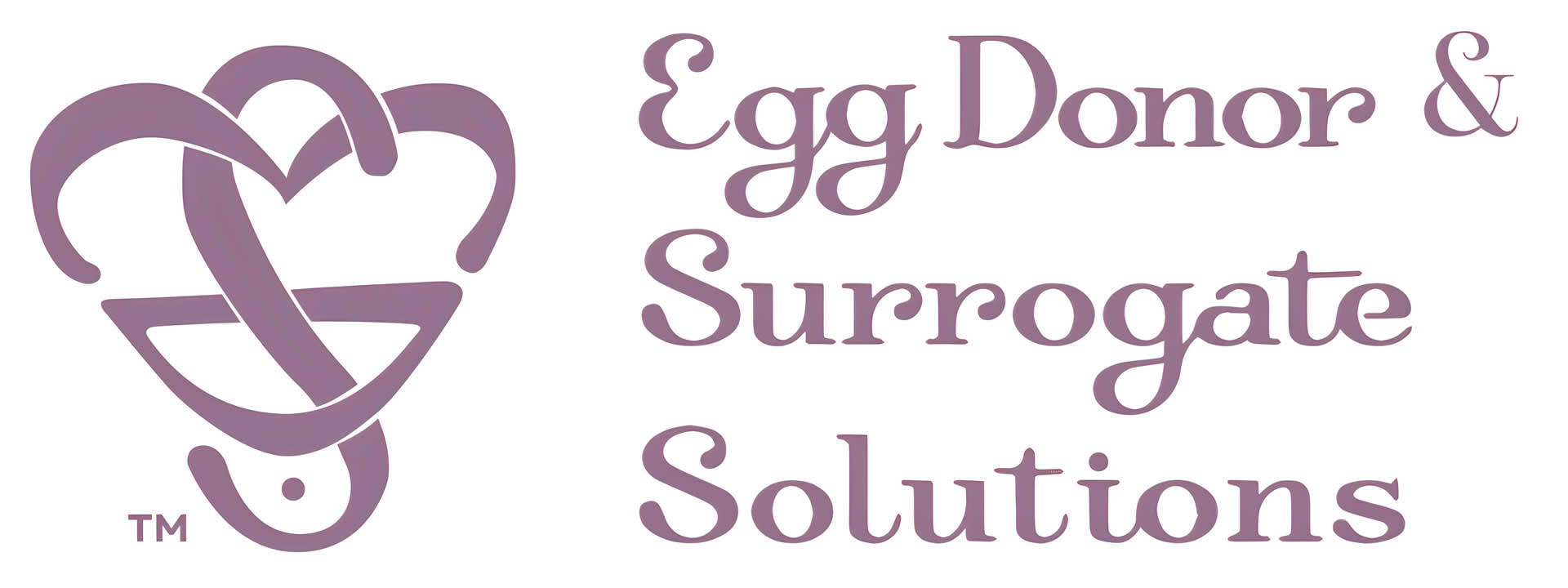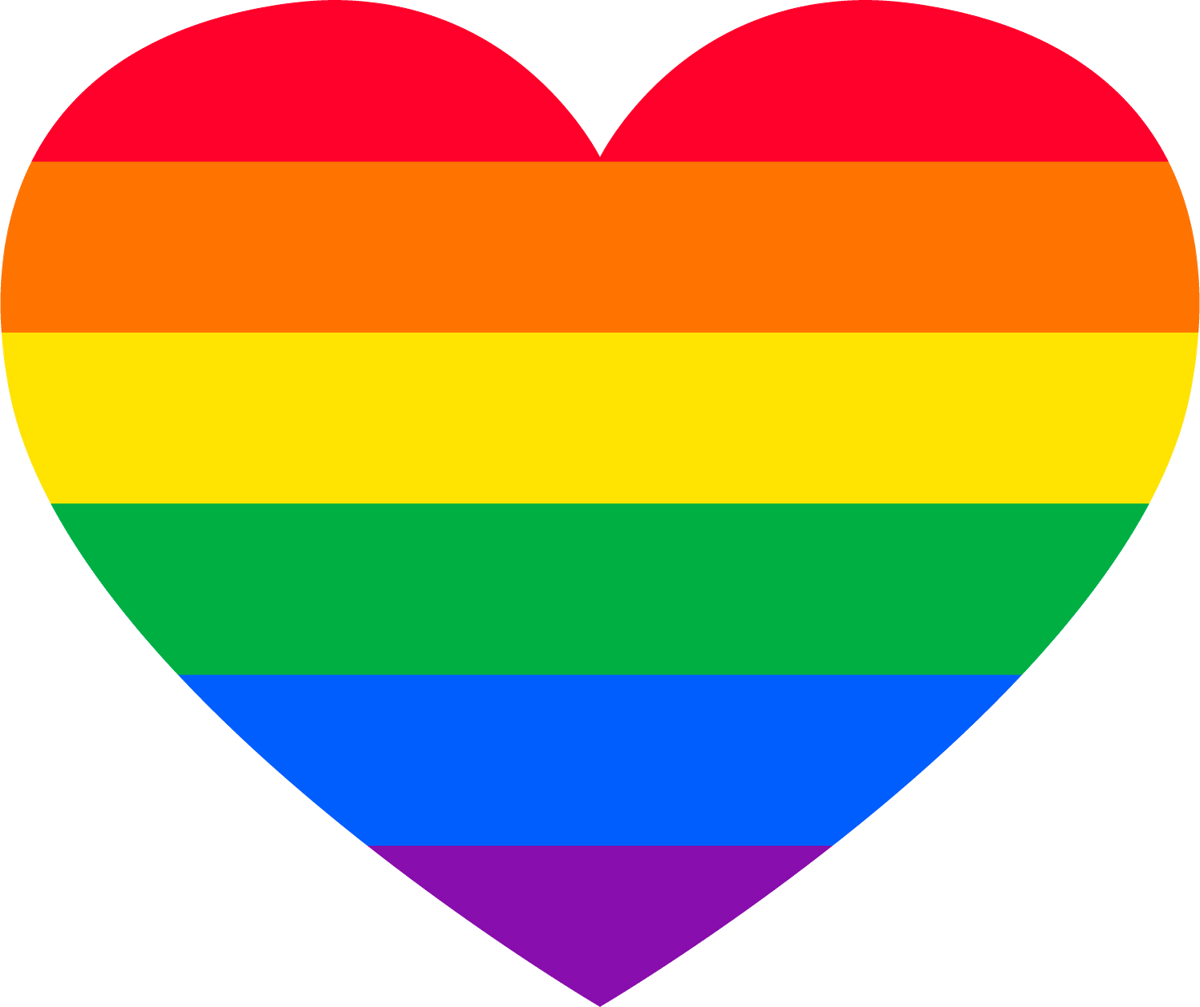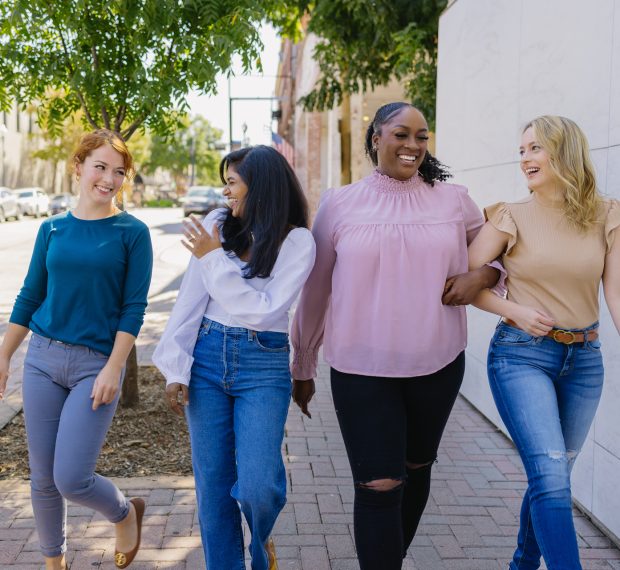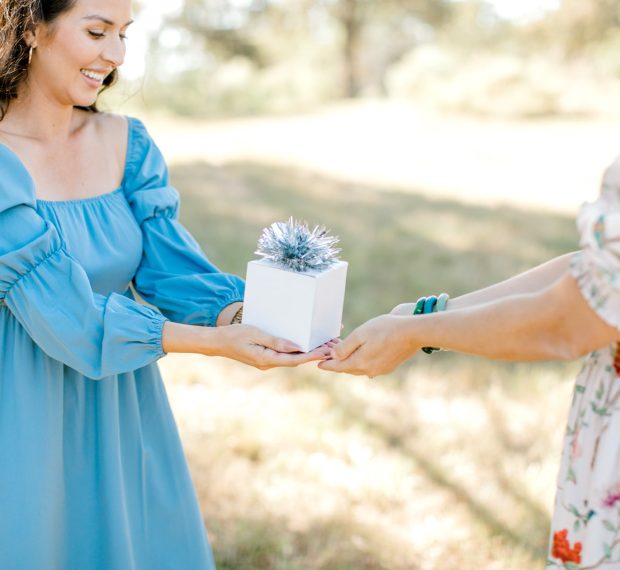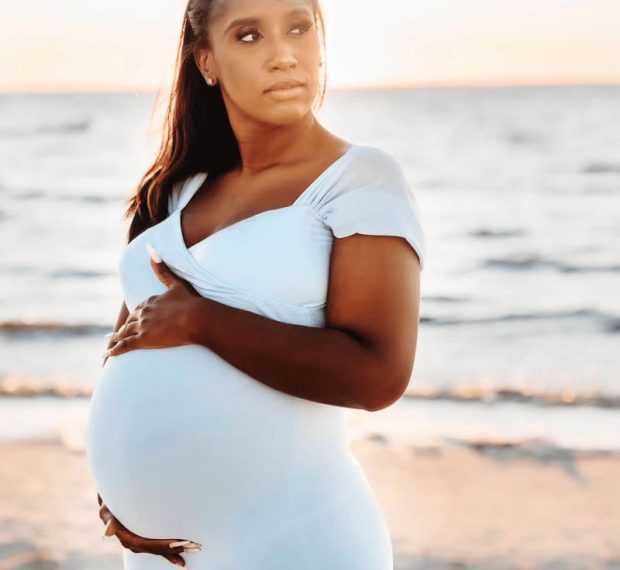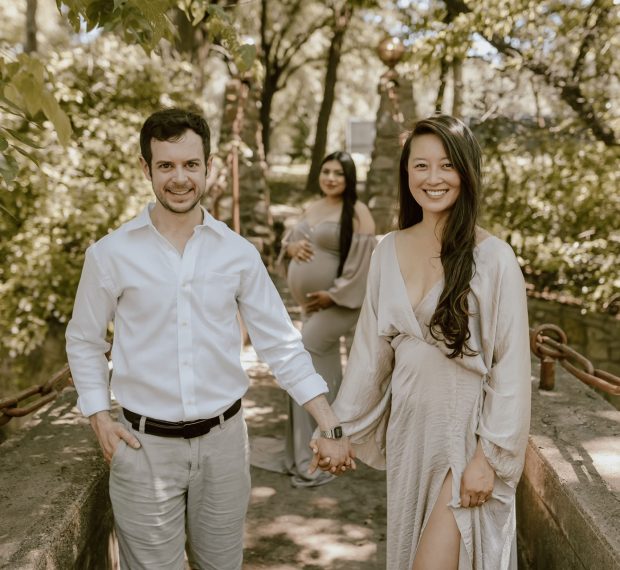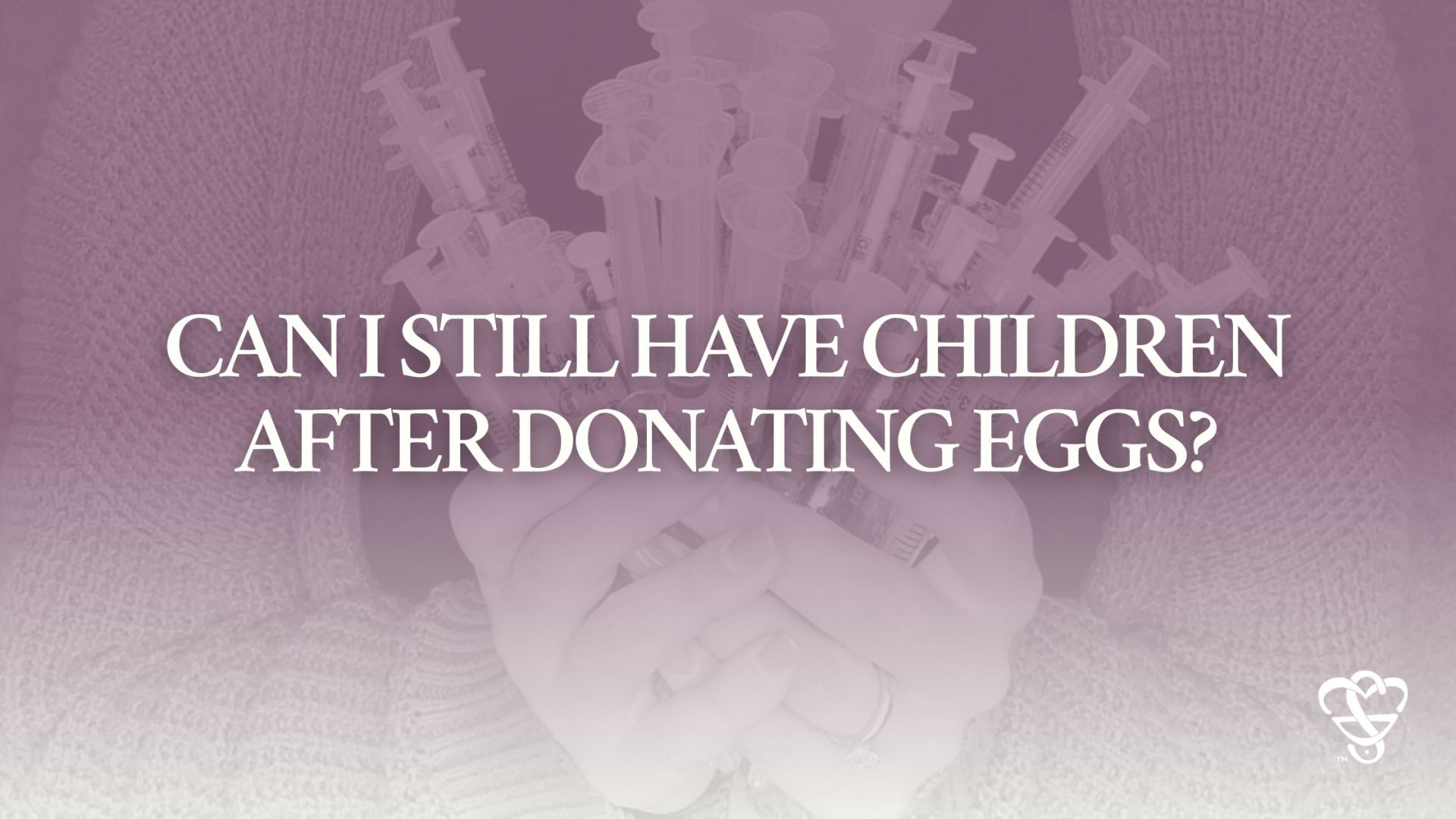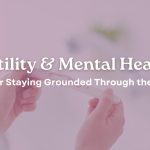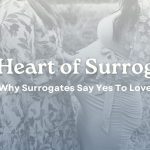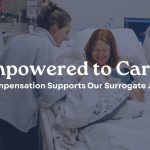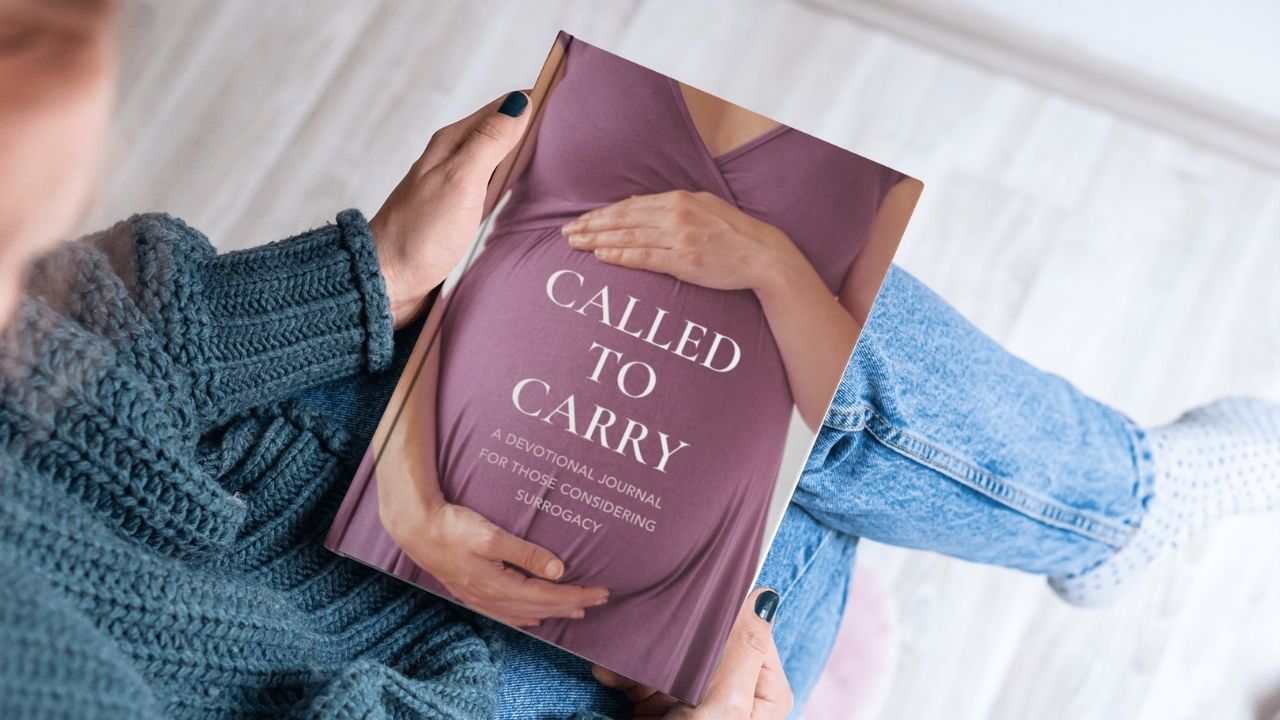“Can I still have children after donating eggs?”
This is one of the most common—and important—questions potential egg donors ask. The short answer? For most healthy women, yes—you can still have biological children after donating your eggs.
In fact, many egg donors go on to have families of their own, whether naturally or with some fertility support. Egg donation doesn’t “use up” your eggs; instead, it encourages your body to mature and release multiple eggs in one cycle that would otherwise not have been used.
🧬 Understanding Your Fertility After Donation
Women are born with about 1–2 million eggs. By puberty, that number is around 300,000–400,000, and only about 400–500 will ever be ovulated over a lifetime. Egg donation retrieves only the eggs your body would have naturally disintegrated that month.
- According to ASRM (American Society for Reproductive Medicine), there is no evidence that egg donation affects long-term fertility in healthy women.
“The experience at fertility clinics has also pushed me to speak more with friends and family about fertility issues and how they often are not talked about but affect many people.”
🧪 The Unexpected Benefit: Learning About Your Own Fertility
One of the often-overlooked perks of donating eggs is how much you learn about your own health:
- Hormone levels
- Egg reserve (AMH)
- Genetic carrier screening
- Reproductive anatomy
Many donors walk away with valuable insights that can help them make empowered decisions about their own future family-building plans.
💬 A Donor’s Perspective
“The most exciting part is being matched with a family knowing they are getting exactly what they want, which is amazing. My kids are beautiful and bring me so much joy that I am thrilled to help someone else experience that.”
Donors often share that the journey is as fulfilling for them as it is for the families they help. While the process is medical, the impact is deeply emotional.
💖 Helping families as an egg donor
Egg donation is a powerful way to help someone else build a family—and it does not mean sacrificing your own dreams of motherhood.
It’s a personal decision that deserves support, honesty, and care. With the right guidance and understanding, donors not only make a difference in someone else’s life—they also gain deeper insight into their own.
–
Want to learn more? In this epsiode of the Create A Happy Family Podcast, Morgan opens up about her egg donation journey — from forming an unexpected friendship with the intended parents to being invited to meet the baby she helped create.
